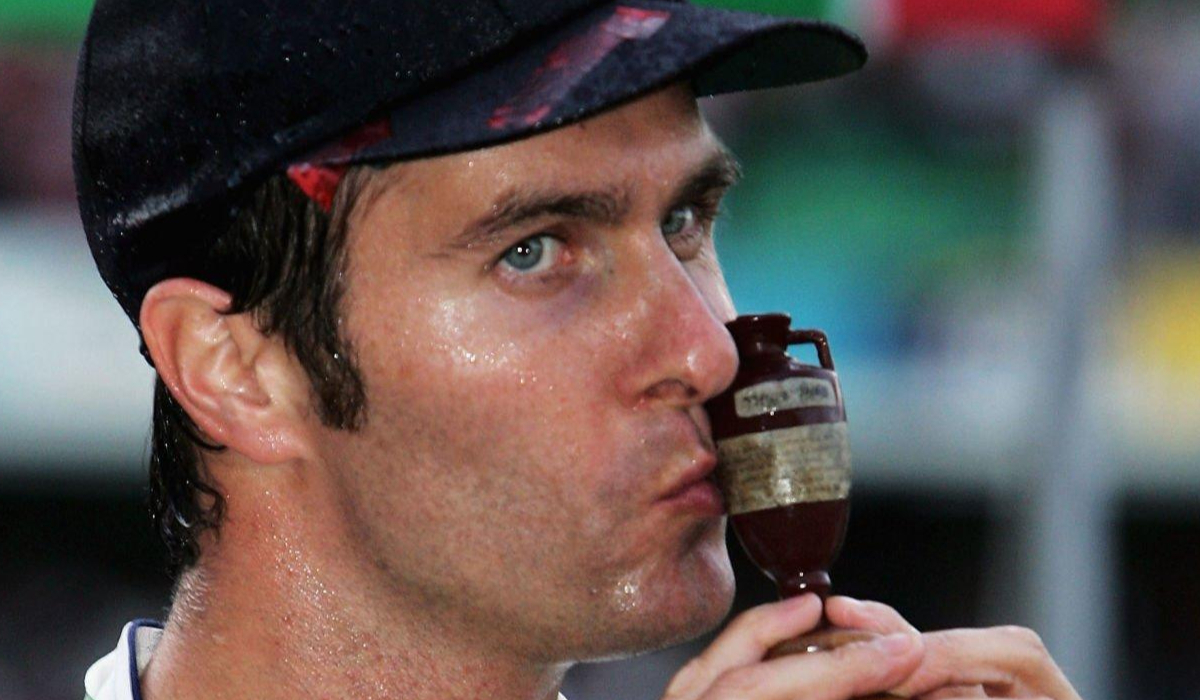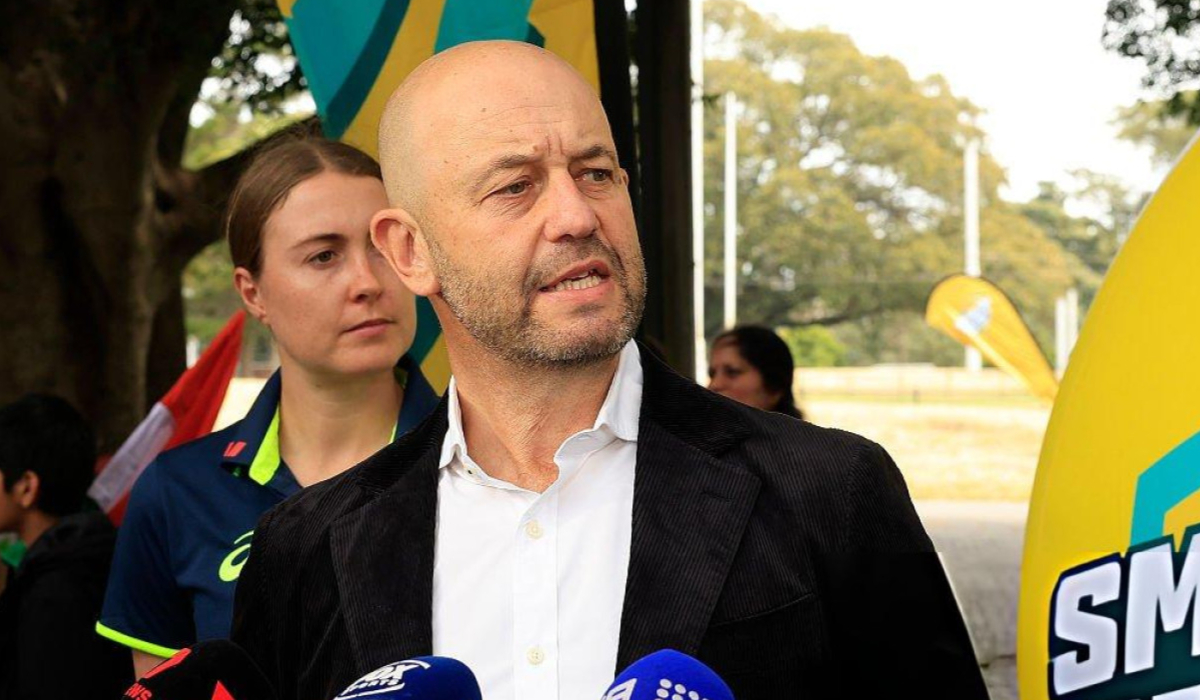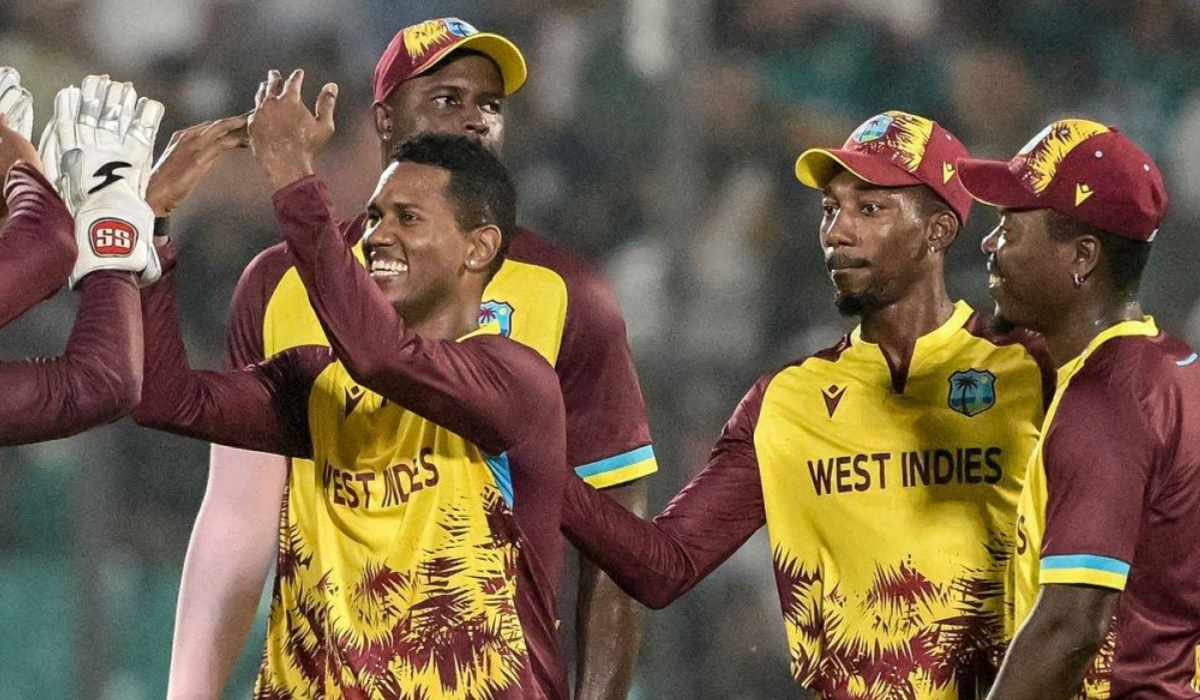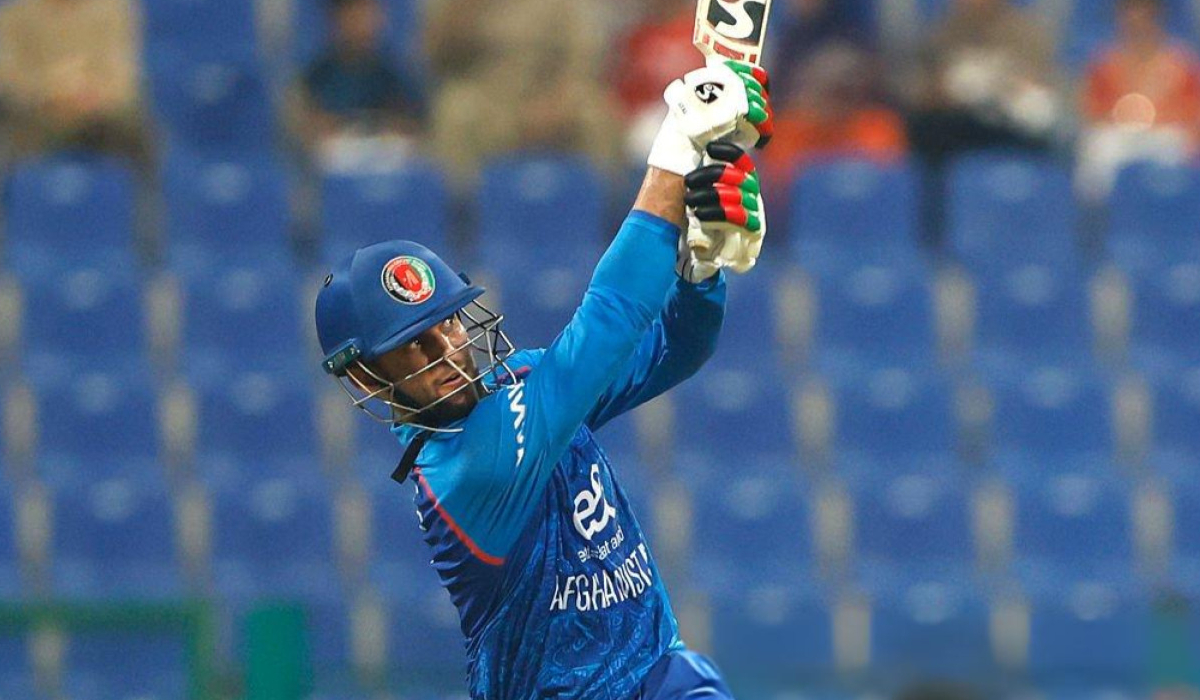London, 28 October 2025:
When Michael Vaughan was handed the England captaincy, his first thought was not triumph but uncertainty.
“Once I got the captaincy, I thought, ‘what do I do?’” Vaughan told BBC Sport. “I looked back on the people I’d been captained by and the captains I’d played against. Steve Waugh was the standout — his manner, his mechanisms.”
Vaughan still remembers Waugh’s ruthless precision. “In county cricket, teams would bowl part-timers before lunch to get through the overs. Every time I watched Steve Waugh, the over before lunch he’d turn to someone like Brett Lee and say, ‘bowl bouncers round the wicket.’ He made those periods the hardest,” Vaughan said.
Even the smallest gestures left an impression. “If you said hello to Steve Waugh on the field, he’d just look at you and make you feel about three feet tall. He intimidated with field settings and small words — never abuse,” Vaughan said. “Of course, it helps when you’ve got Warne, McGrath, Lee and Gillespie, but he didn’t get enough credit for his tactical nous.”
A breakthrough year
Before 2002, Vaughan’s Test career had been steady but unspectacular — 16 matches, one century, and an average barely over 30. Then came a turning point. Frustrated by constant dismissals to balls nipping back, he adjusted his technique, adding an earlier trigger movement. The results were instant: 900 runs in seven home Tests against Sri Lanka and India, a tally bettered only by Graham Gooch and Donald Bradman in an English summer.
Armed with form — and a tip from Sachin Tendulkar to attack Glenn McGrath — Vaughan arrived in Australia for the 2002–03 Ashes. But nothing could prepare him for the glare of the tour.
“We did a gentle fielding session in Perth, and it went great,” Vaughan recalled. “The next day the paper headline was ‘England drop in to town’ with photos of us dropping catches. Welcome to the Ashes.”
Baptism by fire
That series, England’s last “old-school” three-month tour of Australia, began disastrously. Nasser Hussain’s decision to bowl first in Brisbane backfired, England were crushed by 384 runs, and Vaughan felt the weight of the moment.
“The pressure, the anthems, walking out at the Gabba — I probably hid it well, but I hated that first week,” he said.
In Adelaide, Vaughan nearly missed the Test with a knee injury that would plague the rest of his career. He survived a disputed catch by Justin Langer — a moment that still draws debate — and went on to score 177, his first Ashes hundred.
“The confidence of scoring a hundred against Australia in Australia — it doesn’t get much better,” Vaughan said. “Of all the hundreds I got, that was the most special.”
Learning amid defeat
Despite Vaughan’s runs, England lost the series 4–1. Yet Vaughan’s form — centuries in Adelaide, Melbourne, and Sydney — turned a personal corner.
“At first, you look at them like they’re robots, just too good,” he said. “Then you realize they’re human. Do the basics well, and you have a chance.”
The final Test in Sydney gave Vaughan his third century of the series — 183 — and England’s lone victory. “We celebrated like we’d won the Ashes,” he said. “I remember thinking, you’ve just got to do that three times to win the urn.”
The seeds of 2005
Six months later, Vaughan replaced Hussain as Test captain. His goal: rebuild an England team scarred by years of Ashes losses.
“It wasn’t about waking up every day thinking, ‘we have to beat Australia,’” he said. “To beat them, you had to win the games before — build confidence, build a team.”
The young, fearless side Vaughan molded went on to script one of English cricket’s greatest triumphs — the 2005 Ashes. It was a summer of unforgettable moments: Harmison’s opening burst at Lord’s, Flintoff’s heroics, Pietersen’s swagger, and Vaughan’s calm leadership.
“When you win, it’s the best feeling — but also quite deflating because it’s over,” he said. “All that pressure and adrenaline suddenly stops, and you think, what’s next?”
The end of an era
Persistent knee injuries meant Vaughan never played another Ashes Test. He missed the 2006–07 tour, where England were whitewashed 5–0 under Andrew Flintoff.
“We poked the bear,” Vaughan said. “Once we beat them, there was no way they were going to let it happen again in their backyard.”
He stepped down as captain in 2008 and retired the following year, aged 34. “Straussy called and said, ‘get runs and we’ll have a look,’ but my body was gone,” Vaughan said. “There were mornings I thought, ‘come on, maybe I can get back.’ But I’d have embarrassed myself.”
Vaughan played only 10 Ashes Tests — five home, five away — but his impact transcended numbers. His leadership in 2005 redefined England cricket. And as he reflects on his journey, he knows it all began in defeat three years earlier.
“It wouldn’t have been possible without what happened in 2002–03,” he said. “That’s where I learned what it really takes to win.”


 Win Projections to be updated soon
Win Projections to be updated soon



















